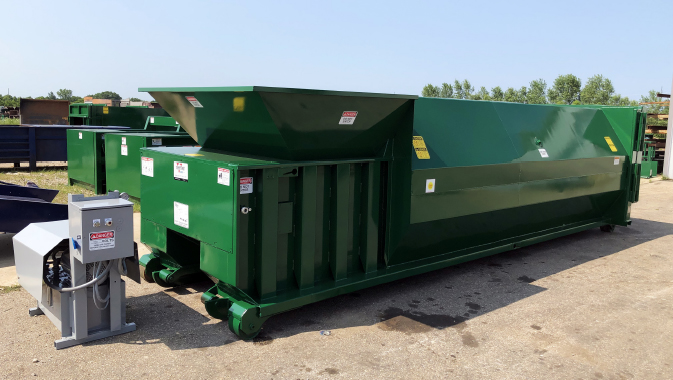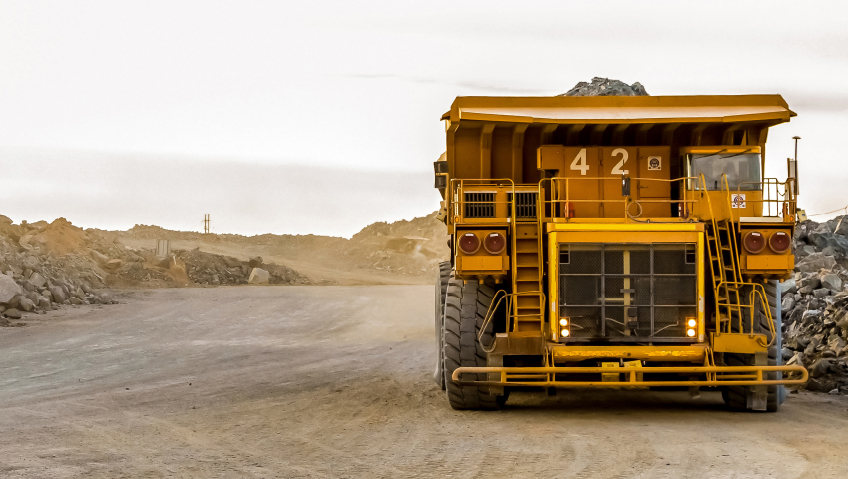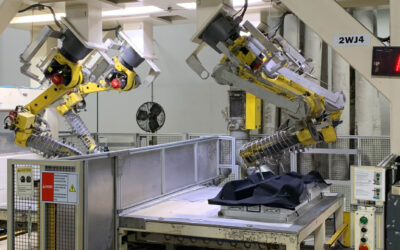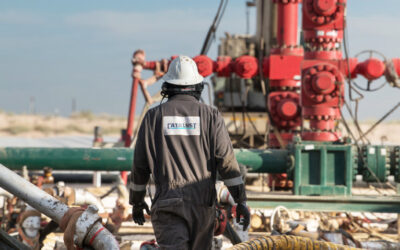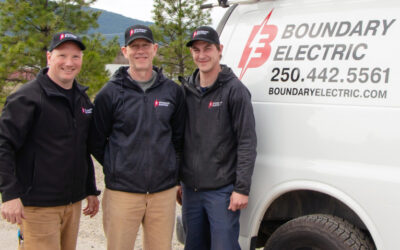National Waste Partners handles compactor and baler sales, rentals, repair, and waste coordination services for more than 4,000 commercial and industrial customers throughout 45 states. The company formed in 2017 when the private equity firm Bestige Holdings LLC brought together Compactor Rentals of America (CRA), Action Compaction Services (ACS) and Computerized Waste Systems to provide a complete, streamlined solution.
National Waste Partners continues to grow and evolve as Bestige Holdings LLC shepherds it to greater success. In 2017, J-Mec, the premier waste and recycling equipment provider in the Midwest, joined the family and its founder, Jim Mechler, stayed on and is currently Senior Vice President of Operations for all companies.
“J-Mec has always been about customer service, innovation, and growth. The vision of Bestige and National Waste Partners was the perfect fit for us,” he said. “Leveraging the resources of Bestige, we are able to expand our wealth of knowledge and experience to other parts of the country. Our national coverage is definitely what sets us apart.”
Most recently, the company acquired GK Industrial Refuse Systems (GKI) to expand its already strong portfolio. A market leader in the Pacific Northwest and a natural fit for National Waste Partners, Tacoma-based GKI specializes in waste equipment sales, rentals, and service.
Headquartered in Phoenix, Arizona, National Waste Partners has branch locations in Chicago, Wisconsin, Alabama, and Washington, DC to provide instillation, refurbishment, and repair services. “We have coverage across the U.S.,” says Vice President of Sales, Gary Brooks. The company’s current subsidiaries – CRA, ACS, J-Mec, and GKI – boast extensive reach, but they can’t service all customers, so National Waste Partners has teamed up with other service providers to handle regions beyond the company’s geographical footprint. “We’ve got close to 200 service provider partners that we work with to cover the areas that aren’t densely populated for us,” Brooks says.
Wherever the location or whatever the situation, the team makes it a priority to give customers the individualized care they deserve. This means paying attention to what the customer is saying, rather than slapping a one-size-fits-all answer onto each problem. “One of the big things that sets us apart is we listen to what the customer needs,” Brooks says. “It’s more of a consultative approach. We don’t necessarily come in saying we have all the answers. Our first step is to listen and to see what the customer’s situation is so we can bring them a solution.”
The individualized service doesn’t stop there. “We also offer custom solutions,” says Brooks. “The applications are so unique.” The uninitiated may think all compactors are the same, but this simply is not true. Each customer has a specific need that needs a specific solution. “A compactor is not a compactor is not a compactor,” Brooks explains. “They start out the same, but how you apply them and install them is a completely different discussion. And with our in-house fabrication capability we can fabricate just about anything you can dream up to fit or work with your application.”
How does the customer know what they are getting? How can they judge the quality and reliability of a National Waste Partners’ product or service? The team recognized that customers deserve to be fully informed so they developed a system of measurement. “From my experience this is a very informal industry,” says CEO David Myles. “There’s a lot of discussion around certain things, but most of the industry relies on just talking about it and not really on a lot of numbers. So one of the first things we tried to do was say, ‘what is the uptime and what is the lifecycle of some of the equipment?’ Just to understand what the bar is.” The team has been working with manufacturers to get the answers and has “started measuring almost everything that we do,” Myles says. “And that’s been very insightful for us as an organization.”
The team measures everything, from how many times they make service visits and how often a specific model breaks down, to their service response time and whether or not the problem is resolved on the first service visit. “I think we are pioneering that effort,” Brooks says.
This is important information because reliability is crucial in the waste management industry. “When a compactor is down it’s usually down at the wrong time – like at a hotel, when they’re having a huge event,” Myles says. “Once it breaks down bad things happen as far as garbage everywhere and also odor and pest control issues.” Having clear data to back the company’s promises gives customers peace of mind. “That’s been an important distinction in growth for us as a company,” he says. “When we say something we want to be able to back it up with numbers.”
Another way the team builds trust is by readily admitting when they miss the mark during a service call. “It’s not always evident what’s broken, so people make mistakes,” Myles says. “Everybody makes mistakes.” The key is to address the error right away and focus on a speedy resolution. “You’ve got to make sure that you trust employees to admit they made a mistake. Mistakes don’t get cheaper over time; they get more expensive. So the earlier you admit a mistake the cheaper it is to resolve.” And the team is confident they can resolve whatever mistake has been made. “Everything in my mind is fixable,” says Myles.
The team is also transparent about their capabilities – they only promise what they know they can deliver. “We try not to overcommit,” Myles explains. “We aren’t all things to all people. We can’t do everything. We can’t get a compactor to Durango Colorado in twelve hours. We can’t go to remote areas and do certain things, but we can service almost anything within our service area. So the trust comes in knowing your capabilities, letting your employees tell you when something is wrong, and then, with the customers, admitting when you make a mistake.”
National Waste Partners owns its equipment, which helps the company deliver consistently reliable service. “Our approach on that is different than most in that, when we go to install a machine, we don’t send a guy and rent a forklift,” Brooks says. “There’s nothing wrong with that business model, but that’s just not us. We own our own equipment so we will show up with a semi, a forklift, the appropriate welders, supplies – everything to fabricate and install a unit. And it’s so much more efficient. We are in control. We don’t have to wait for things to be delivered; we can prefabricate things in the shop.”
This efficiency allows the team to complete more jobs in less time. “We can do in one day what it would take another company two or three days onsite, just because of the equipment and the tools we provide the team with.”
Getting the job done efficiently doesn’t just save time and money; it also cuts back on potential mishaps. “The longer that you are onsite, the more things can go wrong,” Myles says. Another way to avoid onsite complications is to do as much work in a controlled environment as possible – this also ensures a higher quality product overall. “We think we are unique in that we try to do as much offsite as we can. You are more accurate in the shop than you are out in the field.”
National Waste Partners has managed to weather the COVID-19 storm, but the team certainly felt the effects alongside the rest of the world. “It sort of threw you off the tempo,” Myles shares. “It threw our company off, it threw everybody off. It was a very sad, disturbing thing that’s happened.”
National Waste Partners took the threat seriously and immediately put safety measures in place when the pandemic hit. The team closed the offices right away. “We shut that down very quickly and had them working from home very quickly,” Myles says. The service team could not work from home of course, so the company launched new safety training for employees who work onsite. “We always stress safety, but it’s not just their own safety [now], it’s other people’s safety. We want to make sure they are distancing, washing their hands, having protective gloves and masks.” Any employee who had concerns working in the field despite these measures was encouraged to stay home and stay safe.
The waste industry was not as affected as many other industries, since people continued to produce waste throughout the quarantine. But, because National Waste Partners services commercial and industrial customers, the company did feel an impact. “All the hotels, and movie theaters, and restaurants – their waste has cut down quite a bit, especially at the start,” says Myles. “So our service went down dramatically.”
Some of this waste shifted to other areas that still needed servicing. With people staying at home and cooking at home, multifamily housing and grocery stores saw an uptick in waste. “It was an interesting experience – that sort of volume shift, which I don’t think anybody’s ever experienced,” Brooks says.
Another factor that impacted business is that customers decided to wait to make major purchases. “People’s decision model changed instantly,” Myles says. “People that were going to invest in new equipment decided to hold off until we see through this.” By mid-April the team noticed customers were starting “to make decisions again to move forward,” so the future looks optimistic.
Times remain uncertain as we adjust to the new normal, but “people still have to carry on,” Myles points out. “There’s still waste. It still makes sense to compact and bale.” And as long as there is waste to be compacted and baled, National Waste Partners is committed to providing the most efficient, reliable, and quality solutions through good times and bad.

